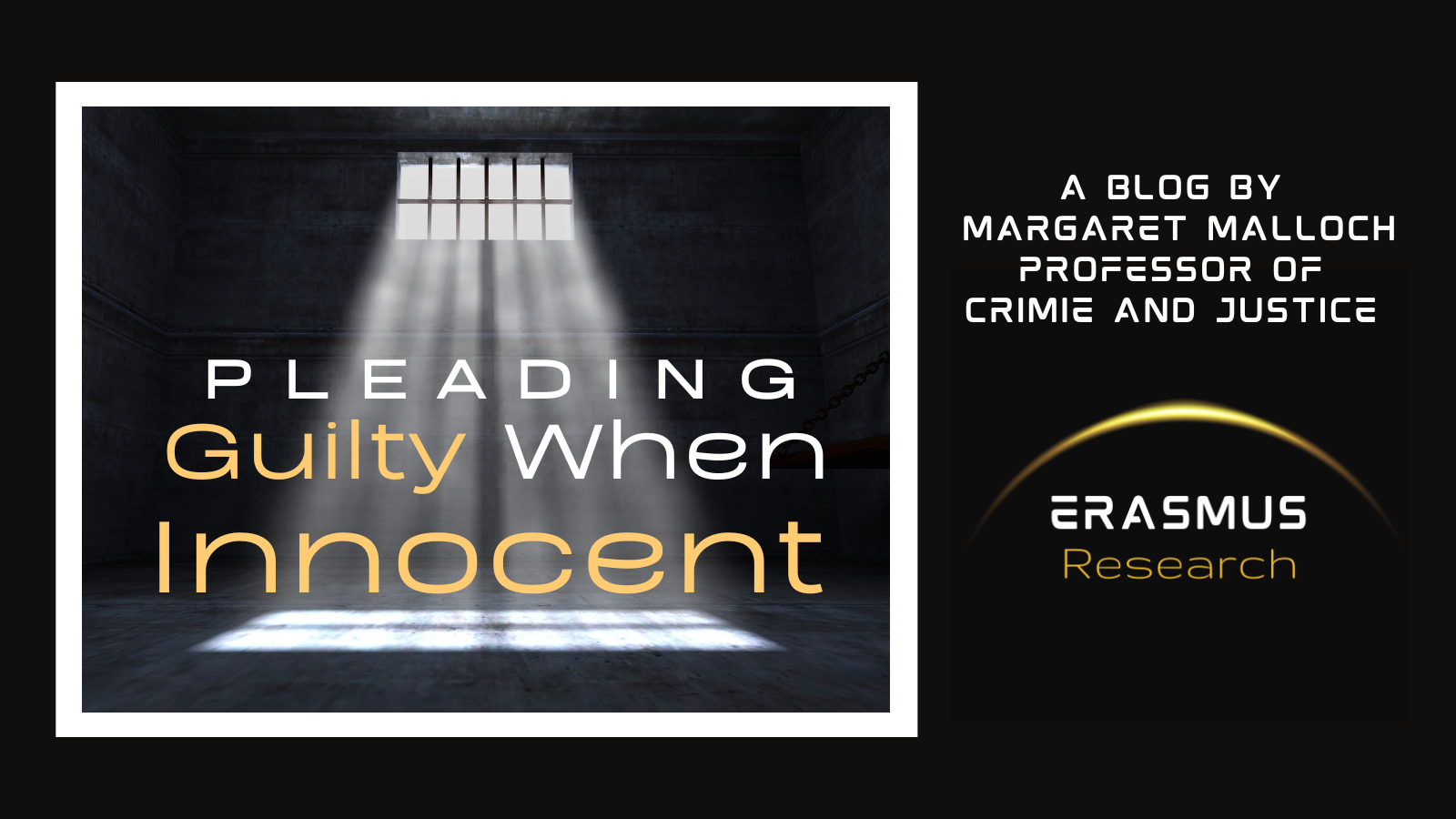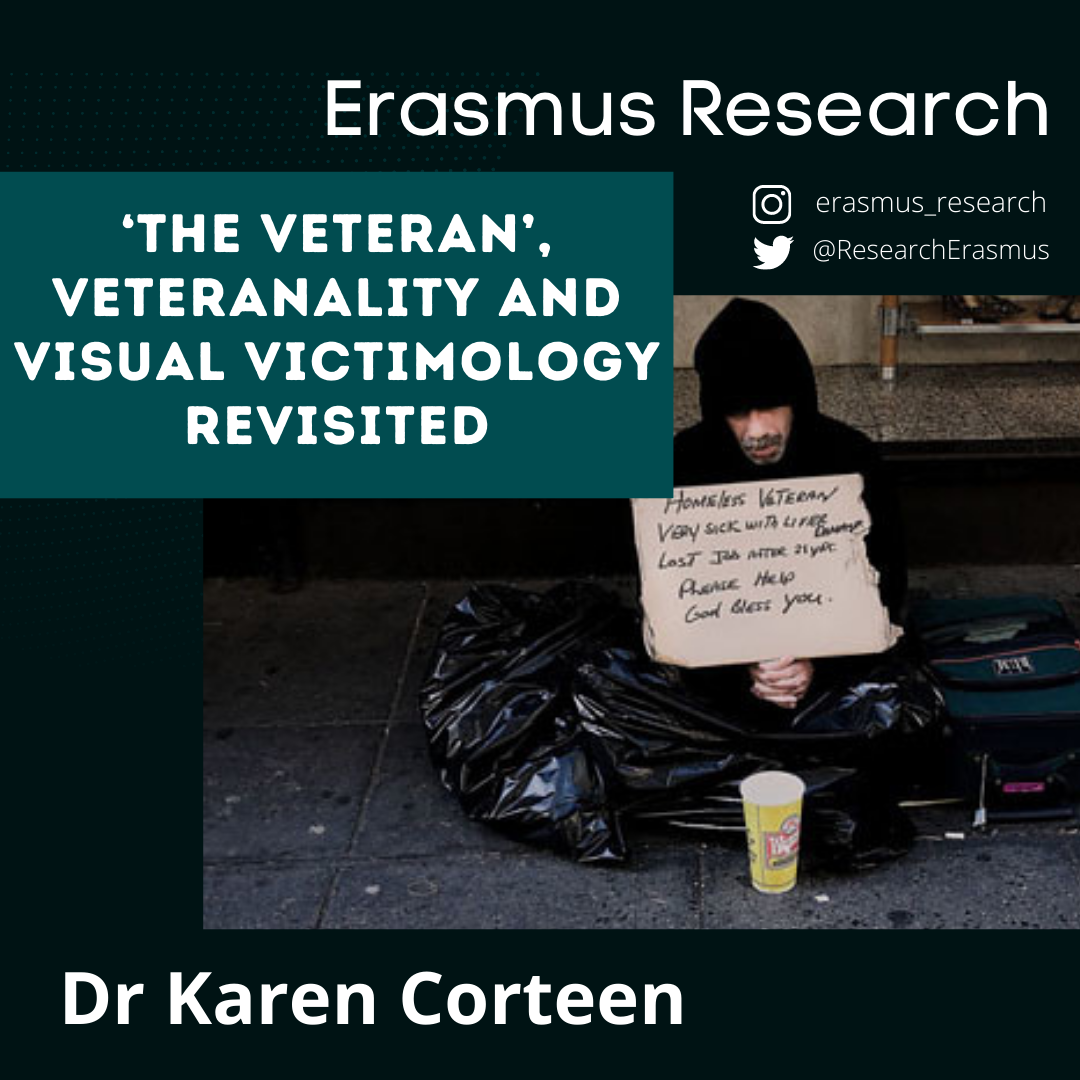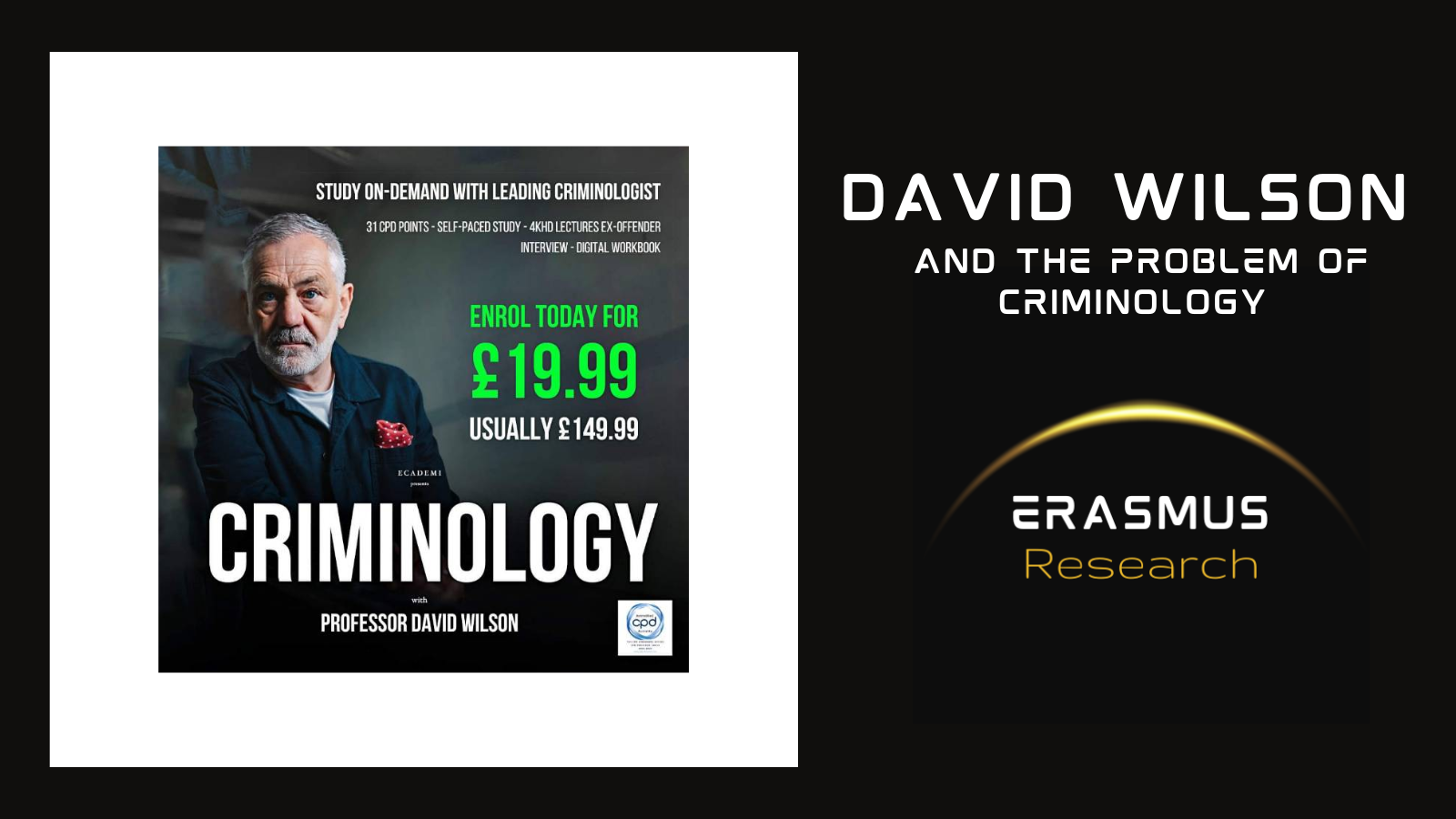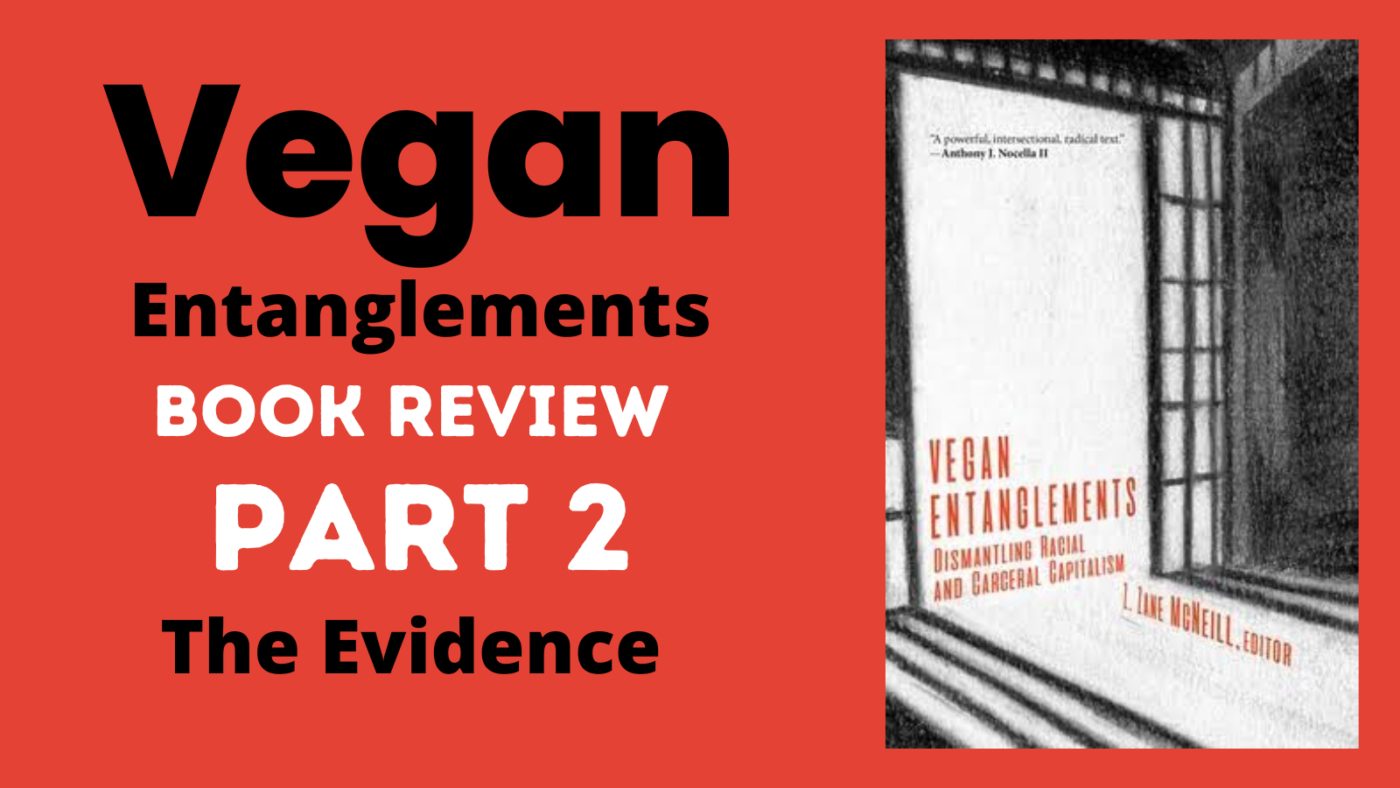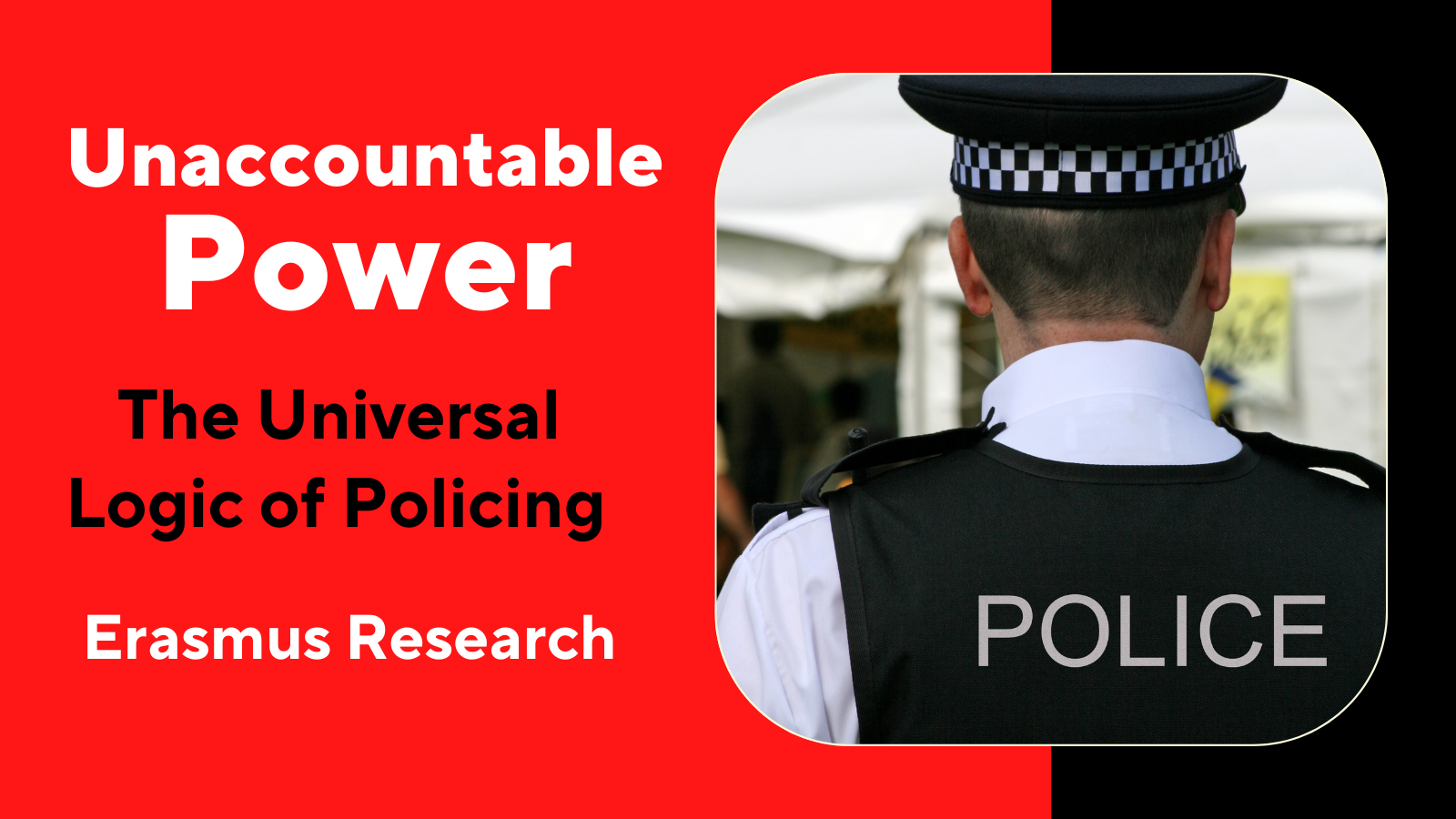Professor Margaret Malloch
Recent interest in the campaigns to memorialise the accused at the time of the historical witch-hunts in Scotland, has highlighted many shocking features of the sixteenth and seventeenth century applications of the law and legal system. A striking feature of many cases is the prominence that was placed on confessions of witchcraft and consorting with the devil that were made by the accused. Torture, was not generally permissible, but to extract a confession, individuals, 85% of whom were women, were locked in tollbooths deprived of food and drink, kept awake for days on end, stripped, searched and ‘pricked’ as accusers searched for the ‘devil’s mark’. Confused, despairing, often ill and suicidal, many confessed to acts of witchcraft and participation in events that could never have happened. The horror of these days is being highlighted by contemporary activists who have exposed the injustices that underpinned the witch-hunts and the executions of nearly 3000 people in Scotland alone. While the extent and nature of extracting confessions has undoubtedly changed, it is still the case that people very often plead guilty to things that they did not do.
In our contemporary world, without personal experience, it is difficult for many people to imagine a set of circumstances that would induce an innocent person to plead guilty. To do so, especially for particularly stigmatised offences seems to make little sense. But the ‘negotiation’ of a plea is not uncommon practice. According to research conducted at the University of Exeter, sometimes people plead guilty if they don’t know whether they have committed an offence or not, and even do so when they know that they are innocent. Eighty five percent of cases in Scotland are resolved through ‘trial waiver systems’ – higher than most other European countries including England and Wales and given the emphasis on clearing court backlogs after covid, these numbers are likely to have increased.
While some people may plead guilty in a situation where they are offered reduced charges for a guilty plea, it is also not uncommon for police to ‘encourage’ an arrested person to accept responsibility for more offences to help improve their clear up rates, with various incentives for doing so. This is a particular issue for accused persons with vulnerabilities and can have very significant consequences as recent examples from the Imprisonment for Public Protection (IPP) scandal in England and Wales illustrate.
This practice is well known to legal scholars and professionals with studies illustrating (see Publications – Evidenced Based Justice Lab – University of Exeter) that legal practitioners believed people pled guilty for various reasons, but often because it was quicker and easier than going to trial. However, in one study, 90 per cent of legal practitioner participants indicated that they believed this also applied to innocent people, with comments such as: “I do think this does include innocent defendants and one reason is the extra cost to go to trial, especially in the magistrates’ courts” and “Yes – there is clearly a risk that defendants plead guilty to avoid the court process and delay that involves”. Trial costs were often noted as reasons why defendants may not consider themselves able to afford the costs involved in a trial. And this study preceded the Covid pandemic, industrial action in the courts and the cost-of-living crisis!
The Post Office miscarriage of justice that is the Horizon scandal, brought this anomaly to public attention when it was shown that several accused postmasters, unable to prove their innocence when confronted with allegations of misappropriation of funds, false accounting and theft, had pled guilty to charges that represented a reduction of the original claims made against them. The cases highlighted issues familiar to many with experiences of miscarriages of justice:
- Accusations that are often unclear, particularly when based on technical, computer-based evidence that results in accusations of criminality but where neither defence lawyers nor the accused can see the actual evidence that forms the basis of a criminal charge.
- The lengthy court process that involves various diets with requirements to attend but no obvious progress of the case.
- Legal advice that is costly and prohibitive. Cuts in legal aid have had a considerable impact on access to justice in recent years and for those who are not able to access legal aid, the costs of a defence can result in re-mortgaging property, using up savings or mounting up debt.
- In some cases, the decision to plead guilty is based on avoidance of a trial that would, should the individual be found guilty following trial, result in a lengthier sentence (for failing to plead at an earlier opportunity)
- to keep the case out of the newspapers. This is a risky business that doesn’t always work. There can be no doubt that the media play an important role in the sanctioning of punishment by a process of public shaming and humiliation. Local papers take great delight in depicting and distorting the facts of a case for the consumption of their readers/viewers. The ability of the media to distort and sensationalise criminal court cases exerts a powerful form of social control in its own right, and one for which there is no redress.
- The judgement of family, friends and the local community is a further part of this process and one that either enforces punishment or sustains hope and the ability to challenge injustice.
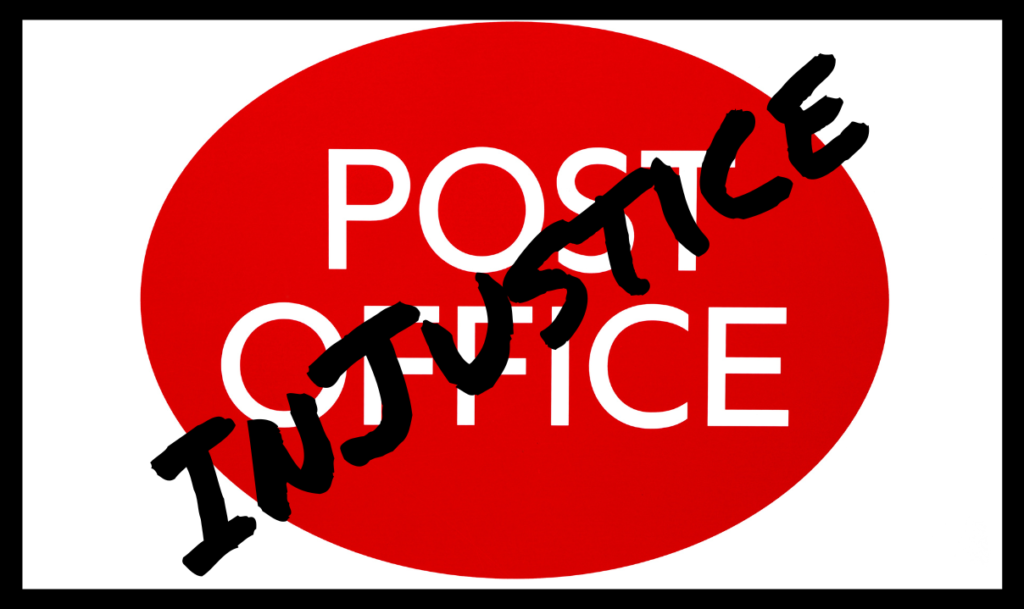
In the case of the Post Office, individuals found that pleading guilty did not always result in acceptance of lesser offences, nor did it always result in avoiding a custodial sentence. For people who pled guilty hoping for that to be considered at sentencing, their despair was no doubt compounded by then being viewed by the criminal legal system and their wider community as culpable – as thieves and fraudsters, by their own (apparent) admission. Anyone who has been subjected to this process, is left in no doubt that it is an enduring agony that stigmatises and marginalises them and their families – and the plea of guilt will always hang over them regardless of the sentence outcome.
Once that guilty plea has been entered, there is an entire system that props it up and sustains it – with ongoing and significant consequences. Social workers/probation officers write reports, supervise court orders and produce progress reports on people who must either uphold the lie of their guilt, or who can be seen as purveyors of minimisation, denial and blame – lawyers will no doubt inform their clients that these things are very much to be avoided during interviews for social background reports – and even more so for certain charges. To come across as being ‘in denial’, minimising the offence or blaming the victim, or others, will be a red flag to an assessing social worker, increasing the ‘risk factor’ and indicating that the offender is not suitable for community-based forms of rehabilitation. There is no easy way out of the process once in it!
The Horizon scandal exposed the myth that innocent people do not plead guilty (ill-concealed as it is to those with any experience of the criminal legal system). It provided tragic evidence that law-abiding, scared, and despairing people do plead guilty when they are confronted with a system that does not believe them, when they are trying to find a way out of a slow, long and devastating process, just to make the ongoing nightmare end. The victims of the Horizon scandal were, as we have argued elsewhere, the ordinary citizens that exposed the myth, not only of the incorruptibility of the Fujitsu Horizon IT system, but of claims that ‘justice’ is the underpinning motivation of the criminal legal system. There are many others, in prisons across the country, excluded from their communities and stigmatized with the same experiences that led them to plead guilty to things that they had not done, but who were powerless to evidence their innocence.

